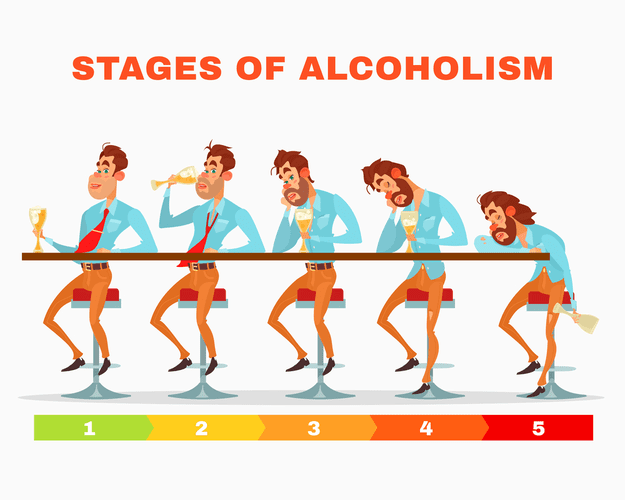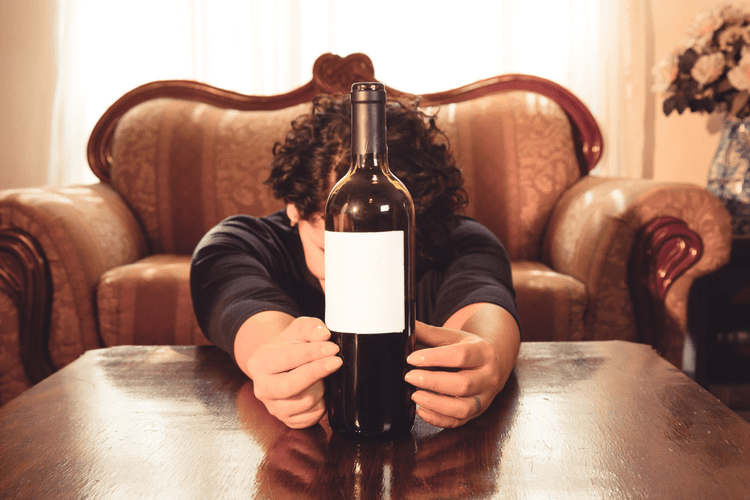Discover the benefits of sober living in San Antonio with Eudaimonia Homes. Learn how a supportive environment can aid your recovery journey and the importance of open communication in choosing the right facility. Sadly, people in recovery are often notorious for being grumpy, but that stereotype doesn’t have to be true for you. Being kind to loved ones, friends, and strangers, regardless of the type of day you’re having, is an honorable way to live. It’s also a testament to the powerful life transformation you’ve experienced as a sober individual. A little bit of kindness can make a big difference in someone else’s life and can melt away harbored feelings of anger, guilt, and sadness.
Embracing Gratitude as a Pillar of Sobriety
Starting the recovery journey can be overwhelming, especially in the early stages when emotions are heightened, and the path to healing is still uncertain. However, incorporating gratitude into daily life can be transformative, helping individuals maintain sobriety, improve mental health, and strengthen social connections. Whether you’re participating in Alcoholics Anonymous, another 12-step program, or a science-based approach like SMART Recovery, gratitude is often a central theme. Regardless of the method, cultivating a grateful mindset helps shift focus from what’s lacking to what’s present and meaningful—fostering emotional resilience, perspective, and lasting change. Practicing gratitude offers extensive benefits for individuals undergoing recovery from addiction and mental health struggles. It greatly enhances emotional well-being by promoting positive feelings such as happiness, joy, and hope.

Gratitude Helps Relationships in Recovery
While some sober living homes may incorporate evidence-based therapies and holistic approaches, the primary emphasis is fostering a community prioritizing healing and well-being. Gratitude is also the antidote to negative thinking that reduces hope and happiness. People who dwell on the negative aspects in their lives almost always find it difficult to reach a state of contentment. This is not to say negative emotions should be overlooked or ignored, but obsessive or continuous negative thinking is hazardous to a healthy recovery. The quicker you why is gratitude important in recovery can assume a position of feeling gratitude for being sober, the more likely your recovery will be successful and make a lasting impact on your ability to maintain sobriety. Those who view recovery as a burden or see their recovery experience as negative are more likely to turn back to alcohol or drugs.
How to find joy in sobriety

Another way to practice gratitude is to shift the tone of your conversations to eliminate self-blame. Instead of responding to questions with “I’m sorry,” or worse, using “I’m sorry” as a greeting, like “I’m sorry I’m late,” or “I’m sorry for taking so long to email you,” say “thank you” instead. Gratitude for even the smallest courtesies can promote a consistent sense of thankfulness. If someone holds the door for you or lets you merge into traffic on a busy road, make a conscious effort to be grateful.
The Importance of Addressing Childhood Trauma in Addiction Treatment
- Gratitude supports different facets of our recovery by helping us get through challenging experiences on our journey to better health.
- By making individuals feel lighter, relaxed, and more hopeful, gratitude improves physical health, leading to overall well-being and a healthier lifestyle.
- Expressing appreciation can repair broken relationships, foster forgiveness, and deepen connections with loved ones, which is essential for emotional support during recovery.
- However, developing a mindset and a habit of thinking about good things and being grateful for them can also improve how you sleep.
- Using gratitude as a coping mechanism during festive seasons also involves appreciating supportive relationships and acknowledging personal growth.
It allows you to appreciate what you have instead of dwelling on your difficulties. According to studies, gratitude and happiness are always strongly correlated. In one study, researchers asked one group to note the things they were grateful for. They then drug addiction treatment asked another group to write about the daily irritations or things that had displeased them. The third group was asked to write about the negative and positive events that affected them.
- Eleanor Health is here to help you build your confidence and momentum towards the future you want.
- The main goal of sober living is to provide residents with the tools, guidance, and peer support crucial for a successful transition back into society.
- Whether you’re calling for yourself or someone you care about, we’re here for you.
- The consistent expression of gratitude has enabled many to rebuild damaged relationships and enhance their support networks.
- In fact, many people who abuse substances to fight these feelings also suffer from co-occurring mental health disorders such as depression, which creates its own set of symptoms.
Accept Imperfection and Life as It Is
By expressing thankfulness for everything you have in your life, you can begin to see the glass as half full rather than half empty. Additionally, gratitude has been linked with increased resilience, better sleep, and improved physical and mental health. So, if you’re looking for a way to boost your recovery, start by practicing gratitude. Overall, gratitude and mindfulness are https://praiseloan.com/2022/05/27/grief-worksheets/ powerful tools that can help you to stay focused on the positive aspects of your life. By cultivating a mindset of gratitude and incorporating mindfulness practices into your daily routine, you can create a powerful foundation for your recovery journey.

